The heat is already on. But not just because it was 90 degrees on the field Sunday, and may have felt like 190.
It's pretty easy to lay the blame of defeat some place just about everywhere this week. You might even include yourself in this, since it seemed just about everyone outside of South Florida had the Patriots winning their opener on the road. Didn't they lose to the Dolphins in Miami last season, too?
New England's first season-opening loss since 2003 (remember the Lawyer Milloy 31-0 game at Buffalo?) wasn't so much a surprising result as it was startling in the way it happened. There were some things that were simply hard to explain, like Tom Brady overshooting a couple of wide open receivers in the 4th quarter…and an 0-for-7 stretch on 3rd down attempts late in the game. Really? With all of those alleged offensive weapons? Miami's defense, missing its starting linebackers who were injured in the first half, clearly made the changes they needed to in order to seize momentum at the start of the second half; they also scored 23 unanswered points on offense and bludgeoned NE's defensive front after trailing 20-10 at halftime. The Patriots never readjusted.
And that was big. For a team that has thrived in the past on adjusting to opponents' adjustments, that may have been the biggest surprise of all. The offensive line, thought to be a question mark coming in, did little to calm concerns. And without protection for Brady, or effective run blocking, New England was held to a paltry 67 second-half yards. Total.
But these things, we know. Undoubtedly, if you're a Pats' fan, you've agonized over all of the above and then some by now. What may have missed your radar are kindly listed below…otherwise known as "nitpicks." But while there are plenty of these to pass around after a loss, these stand out in this corner as real crushers on Sunday in Miami:
Kenbrell Thompkins & Brandon LaFell – Two offensive pass interference calls; Thompkins' penalty came late in the 2nd quarter with the Patriots positioned to deliver what could have been a knockout blow to the Dolphins' chances at halftime. With a 3rd-and-two at the Miami 27, Thompkins' penalty kept the offense from a shot at the end zone – instead, Stephen Gostkowski settled for a 45-yard field goal with 10 seconds remaining. LaFells' was, perhaps, more egregious as the Patriots trailed 23-20 early in the 4th quarter, and rubbed out a 15-yard completion to Danny Amendola that would have had the offense at the Miami 26…with a chance to regain momentum, if not the lead. Instead, the penalty snuffed the life out of the drive and ended up with a punt. With all of the pre-season emphasis on offensive pass interference being stressed by officiating crews, these calls were killers.

Chandler Jones – Two roughing the passer calls; early in the 3rd quarter, with an opportunity to make a stop on the opening possession, the first roughing call against Jones came on a 2nd down play, and breathed new life into the Dolphins' drive at the NE 45 yard line. Miami ended up with a 24 yard field goal as a result. The second one came in the 4th quarter on an incomplete pass from the Miami 15-yard line, and instead gave the Dolphins' offense breathing room outside of the shadow of their own goal. It led to a Knowshon Moreno four-yard TD run that put Miami up by 10 with just over three minutes remaining. Both calls gave an opponent new life in drives that had to result in stops.
Patriots run defense – Non-existent. 191 yards allowed rushing by a defense is a sure sign of disaster. It was. It was also a sign that the opponent controlled the line of scrimmage, which is also another discouraging sign. Add to this mix a brand-new starting five across that offensive front for Miami – a line that was decimated in part by a bullying scandal and locker room hijinks last season – and a Patriots' line that had a healthy Vince Wilfork returning, MLB Jerod Mayo returning plus rookie #1 draft pick Dominique Easley making a debut, and well…let's just say it was a smashing success. For the other guys.
It was all shocking in its completeness, its thoroughness and its end result. The Patriots had gone almost 100 games played since being dominated in a half like they were Sunday, outscored 23-0. If there were a sign, a clue, a shred of evidence that this was an inevitability to come…but there really wasn't. 16-1 in their last 17 games with a double-digit lead at halftime…61 straight wins forcing 3 turnovers in a game…well, there's a reason why New England is a mere 14-34 all-time (7-8 under Bill Belichick) playing in South Florida.
The heat is usually on.
Breaking News and Crying "Wolf"
Sometimes, Breaking News isn't really what it says it is.
When you see those words on your TV screen – or even your phone these days – it's usually reserved for the big, newsworthy, important stories that can be of interest to a lot of people. Or, the news could be a story that no one else has…and you get in on it, first.
Or, it could be much ado about nothing…like in the "Boy Who Cried Wolf" fairy tale. Tom Brady's hurt? He missed practice? He's on the injury report? More or less, all were true late last week, and social media (plus austere news outlets like ESPN) followed with an equal yet unexpected explosion of gasps and guffaws that Brady missed a Thursday practice…and was listed on the Patriots' injury report with an injured calf.
Stop the presses. Tom Terrific missed practice – film at 11.
I understand why Twitter set itself on fire with the news last week, I really do. Brady's importance to the Patriots is unquestioned, and his presence in a particular game could certainly swing a lot of, um, momentum (and betting odds) in a different direction. But you haven't been paying attention to the "Patriot Way" of handling the injury report over the past few seasons if you believed something was truly amiss.

"We've listed it on the (injury) report, that's what we're required to do," was what Bill Belichick told reporters when asked about the extent of Brady's, uh, injury. Perhaps he really was hurt, and maybe getting treatment for the injury actually required his missing practice. It's possible. But since when have the Patriots – or any other NFL team – been completely forthcoming in their disclosure of players' injuries? It's been fairly well documented (wink, wink) that New England does what the NFL requires the team to do when it comes to reporting injuries. They list them – every one of them. Brady, for one, has been listed on the weekly injury report (mostly for a shoulder "injury") for two straight seasons. Every week.
The NFL began asking teams to file injury reports as far back as 1947, originally after the league suspended two members of the New York Giants for associating with gamblers allegedly trying to "fix" the 1946 championship game. The reason? If everyone had access to injury information, no one could gain an advantage – illegally or otherwise. But in the last 20 years, the game has changed. With injuries becoming more prevalent as the game grew more violent, that access to information also could allow an opponent to game plan differently – or even "target" an injured player on the field. Hall of Fame coach Bill Parcells was one of the first coaches to list only the most serious injuries each week on his report – just the players who were most likely out for the week – in an effort to keep his playing cards closer to his vest and protect his players, as well as his teams' best interests.
So, over time the NFL adjusted the policy further, requiring teams to list players as "doubtful, questionable or probable" as to their availability for an upcoming game. After teams began to go overboard with their injury lists in an effort to protect those players who may be more seriously injured than others, the injury list is now a "practice report," and a players' participation level (out, limited or full participation) during the week is documented, along with the area of the body that may be affected (knee, shoulder, hip, arm, etc.).
Team photographer, David Silverman, offers his best photos from the Patriots game against the Dolphins on Sunday, September 7, 2014.




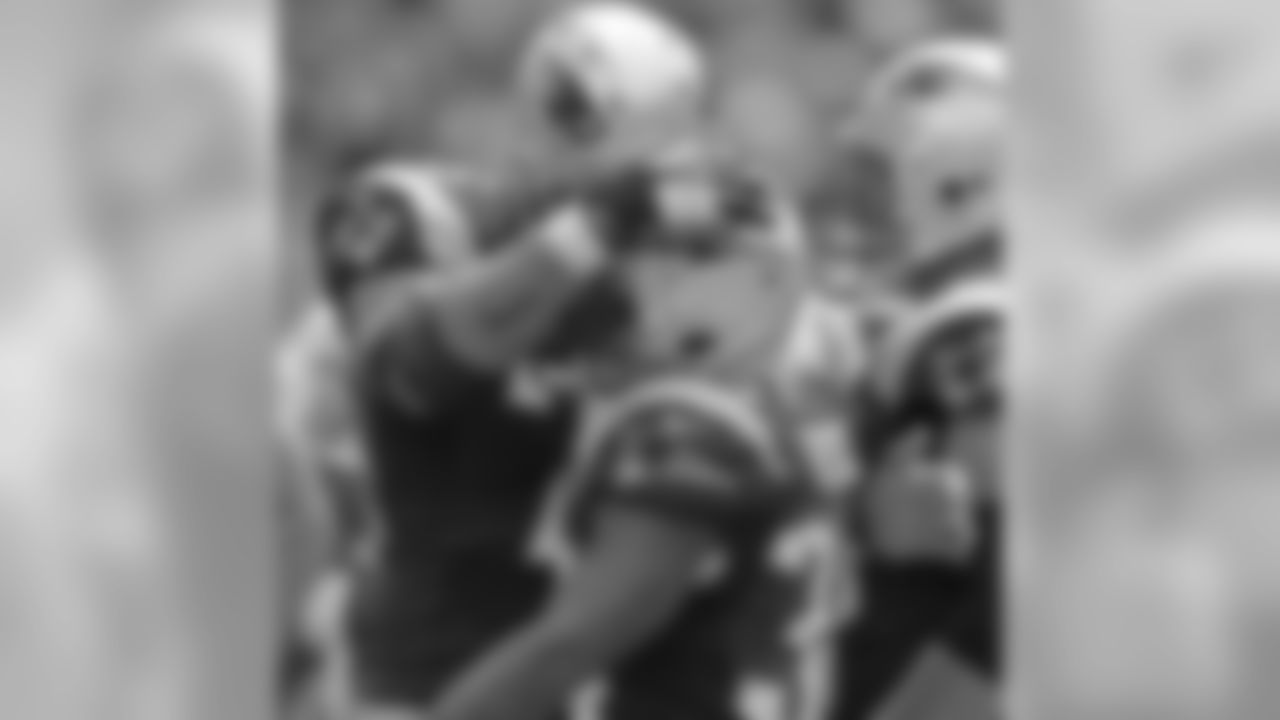

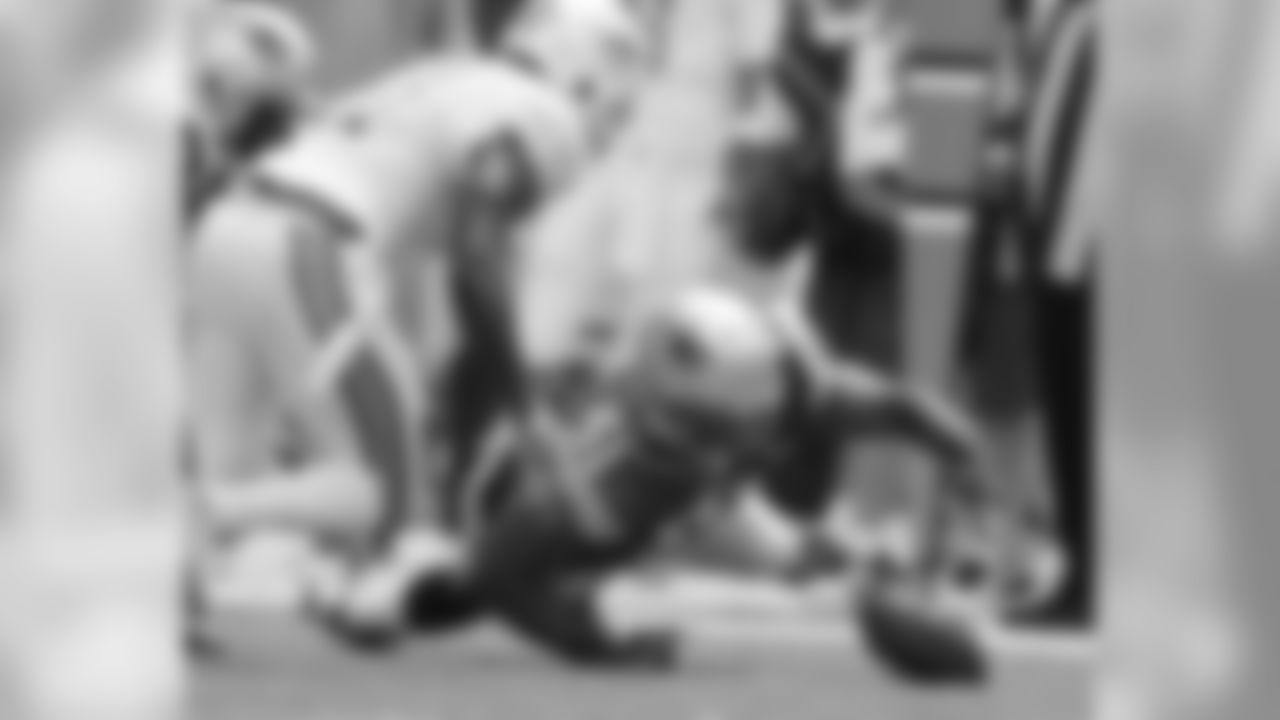








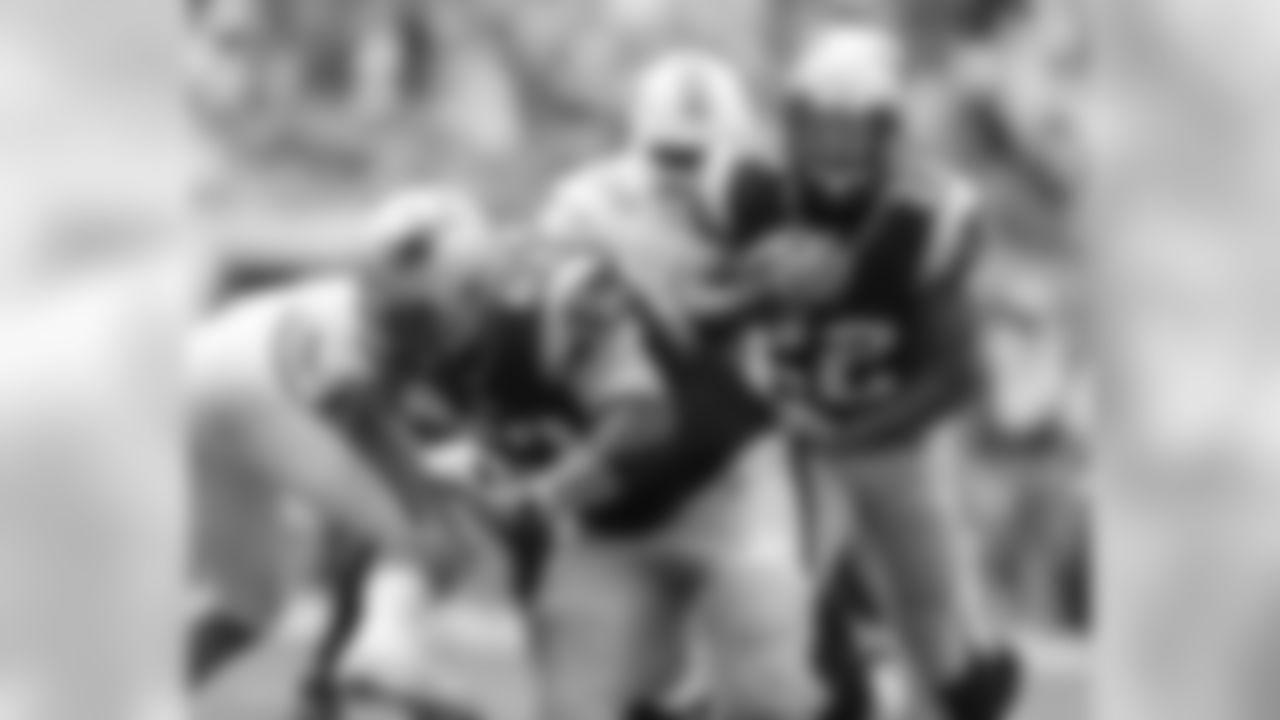
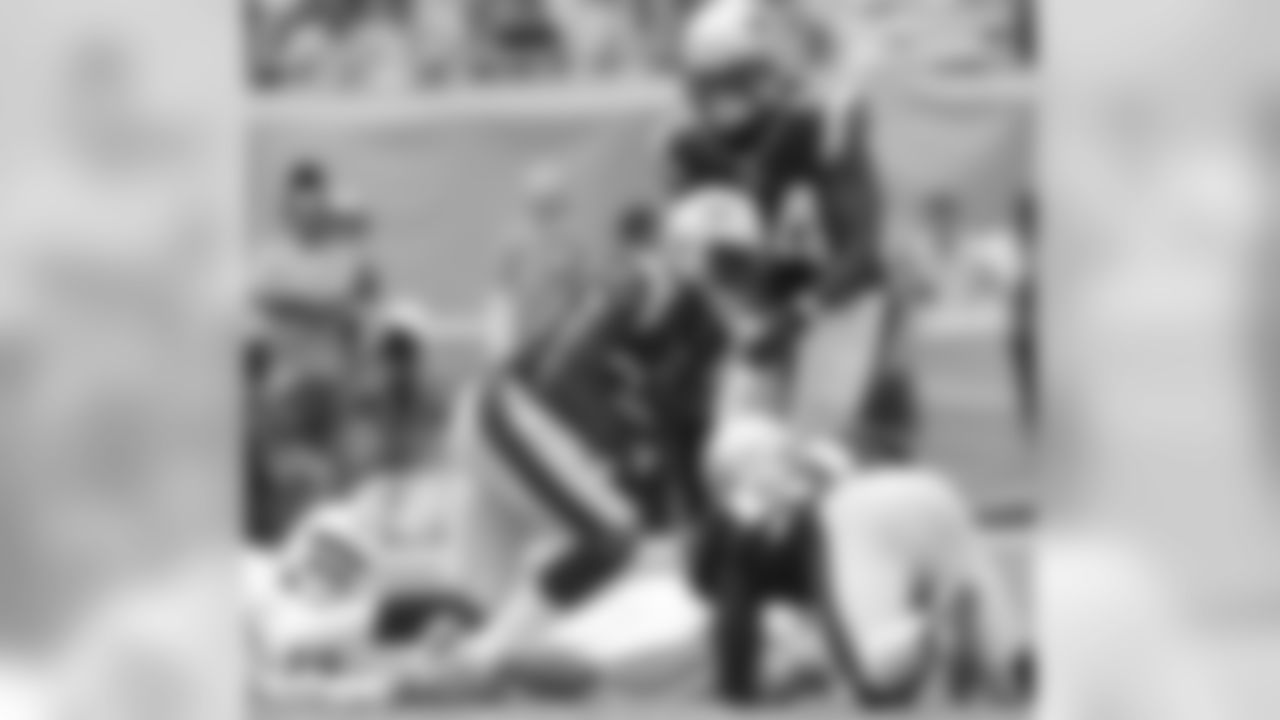

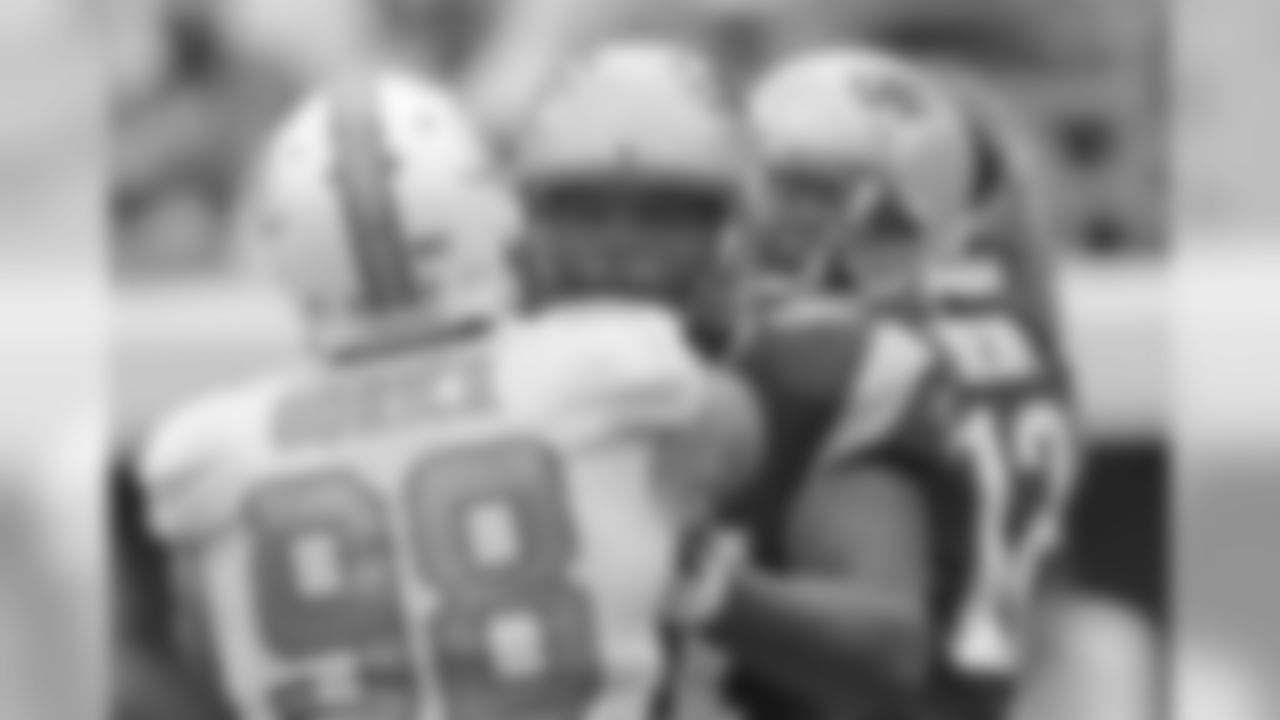
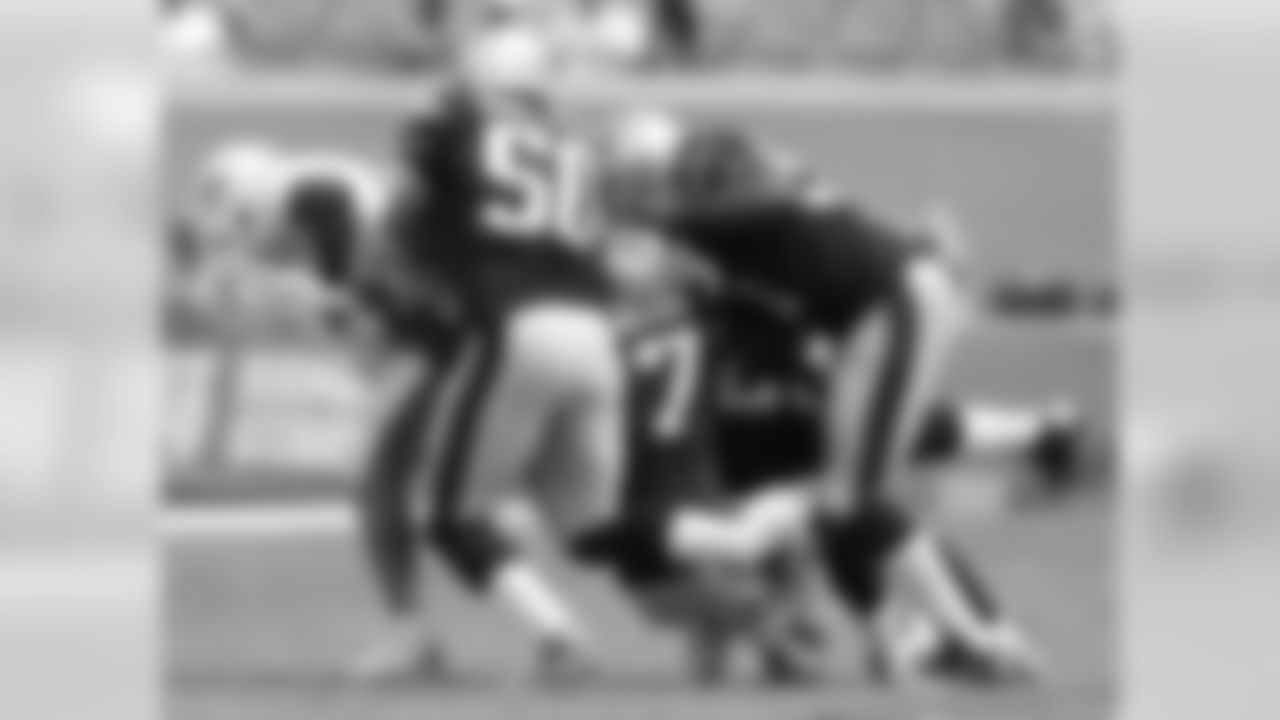
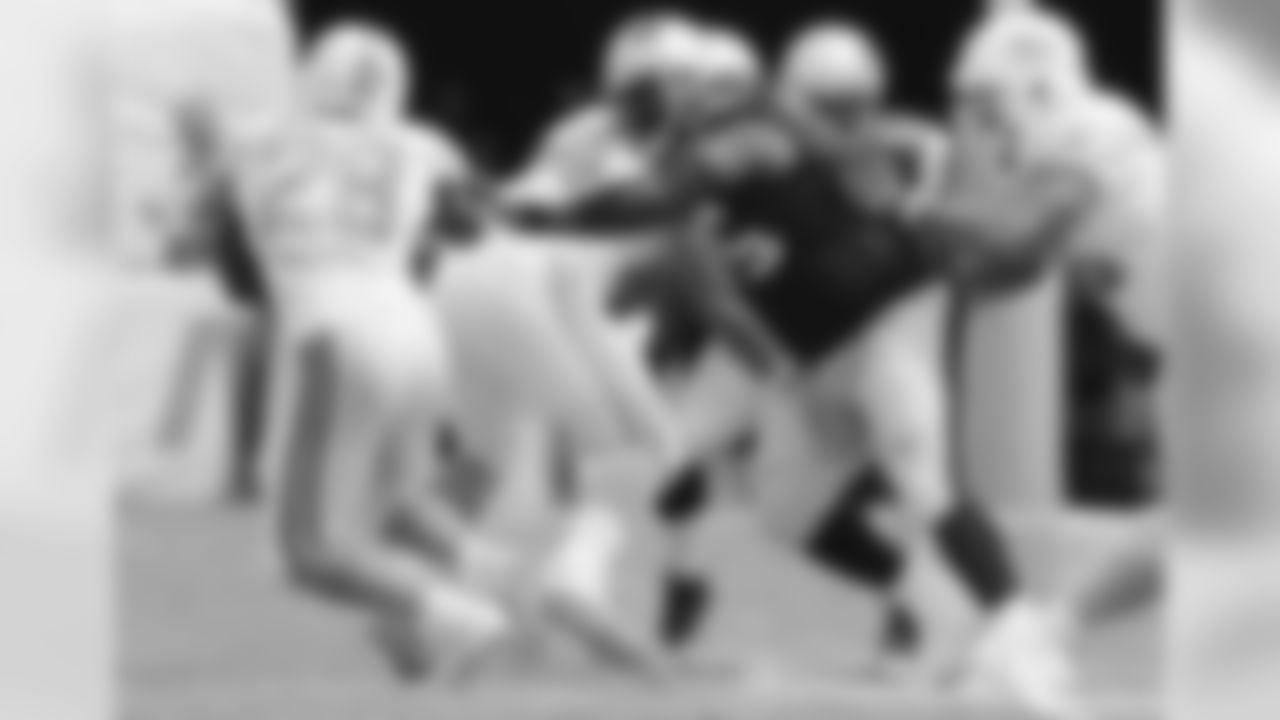
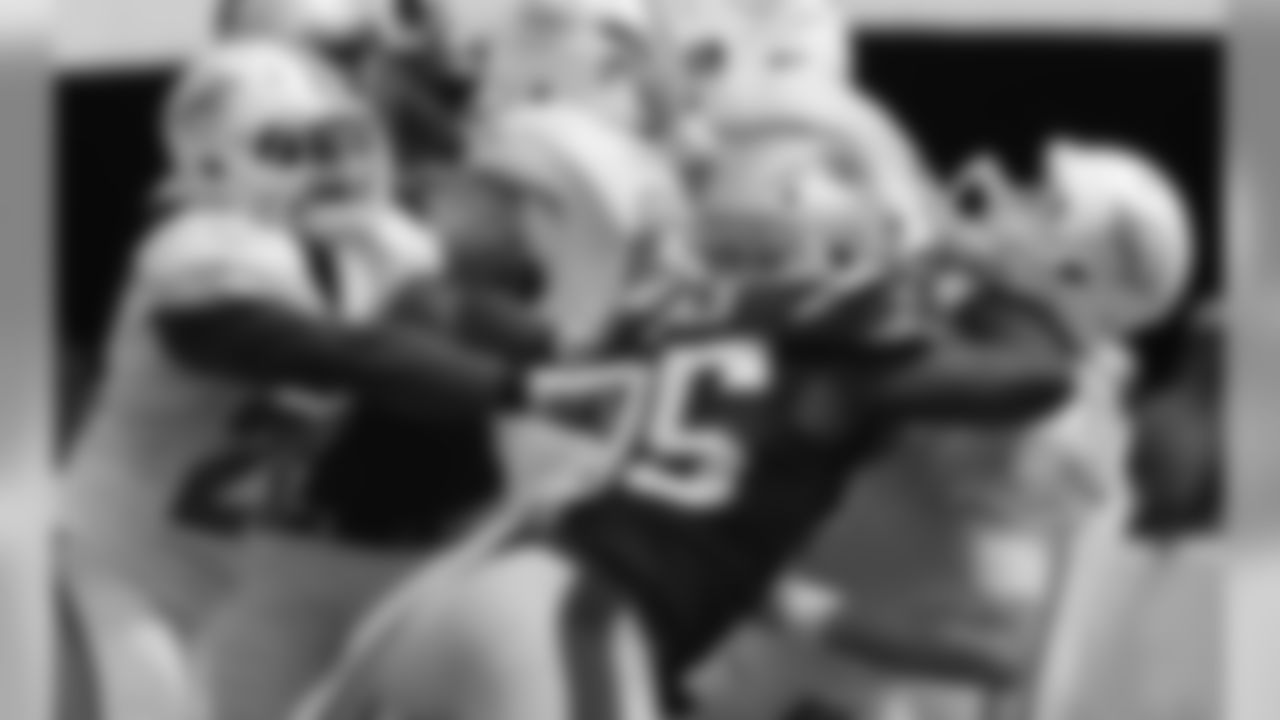
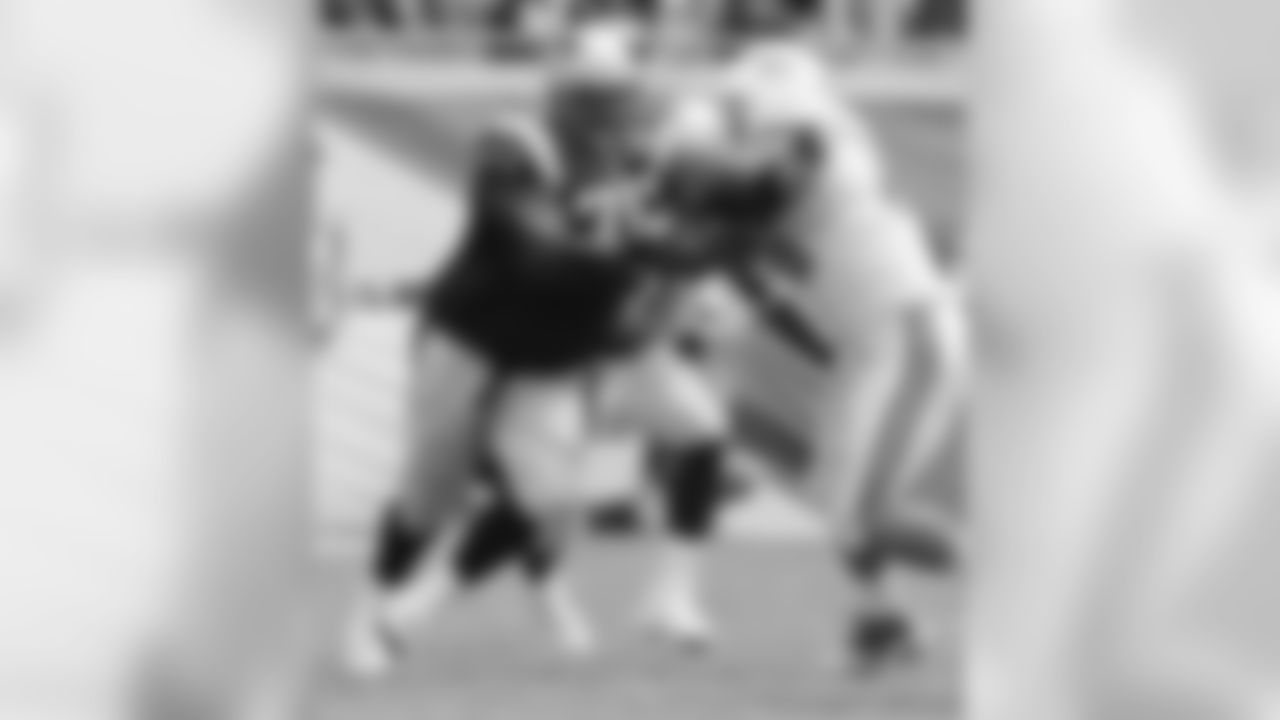





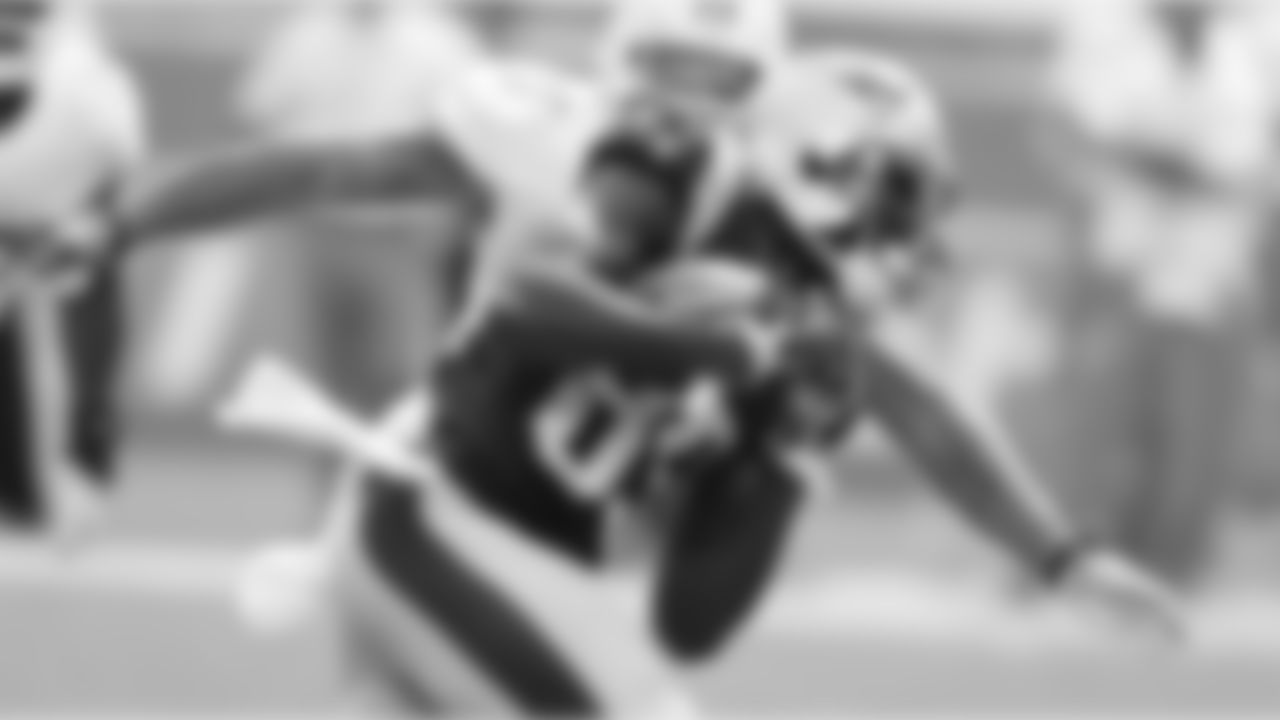




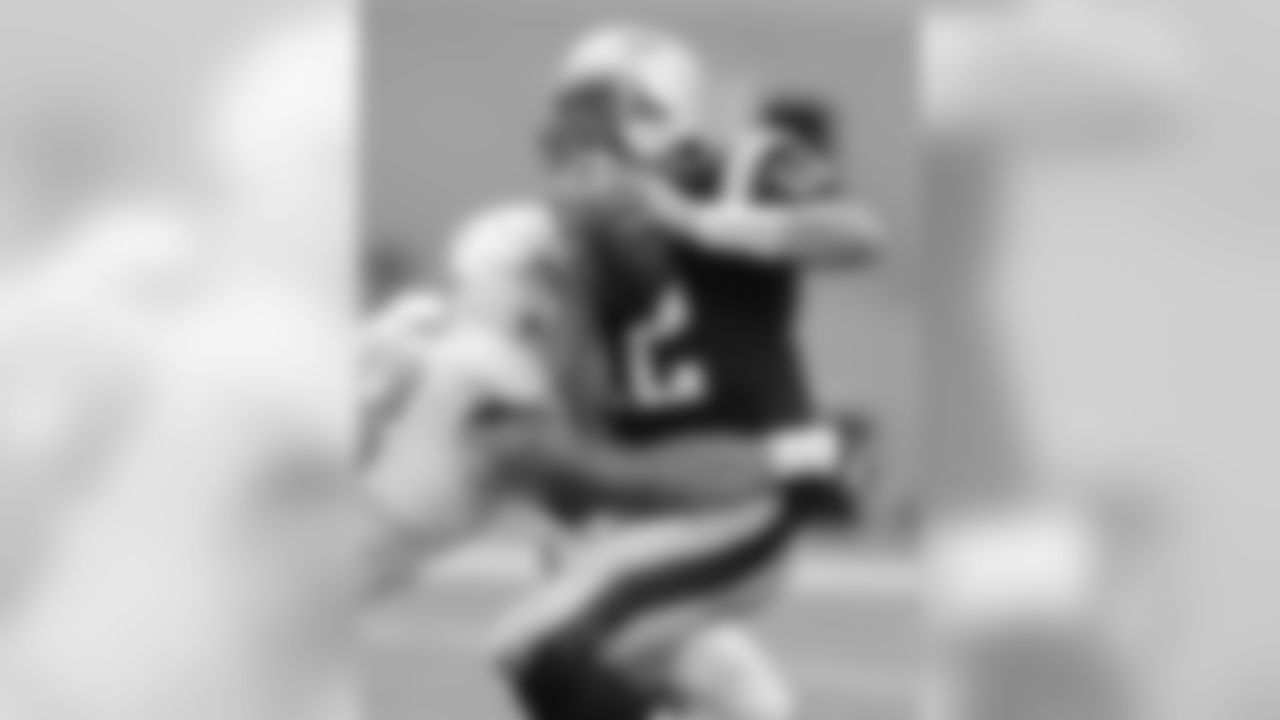










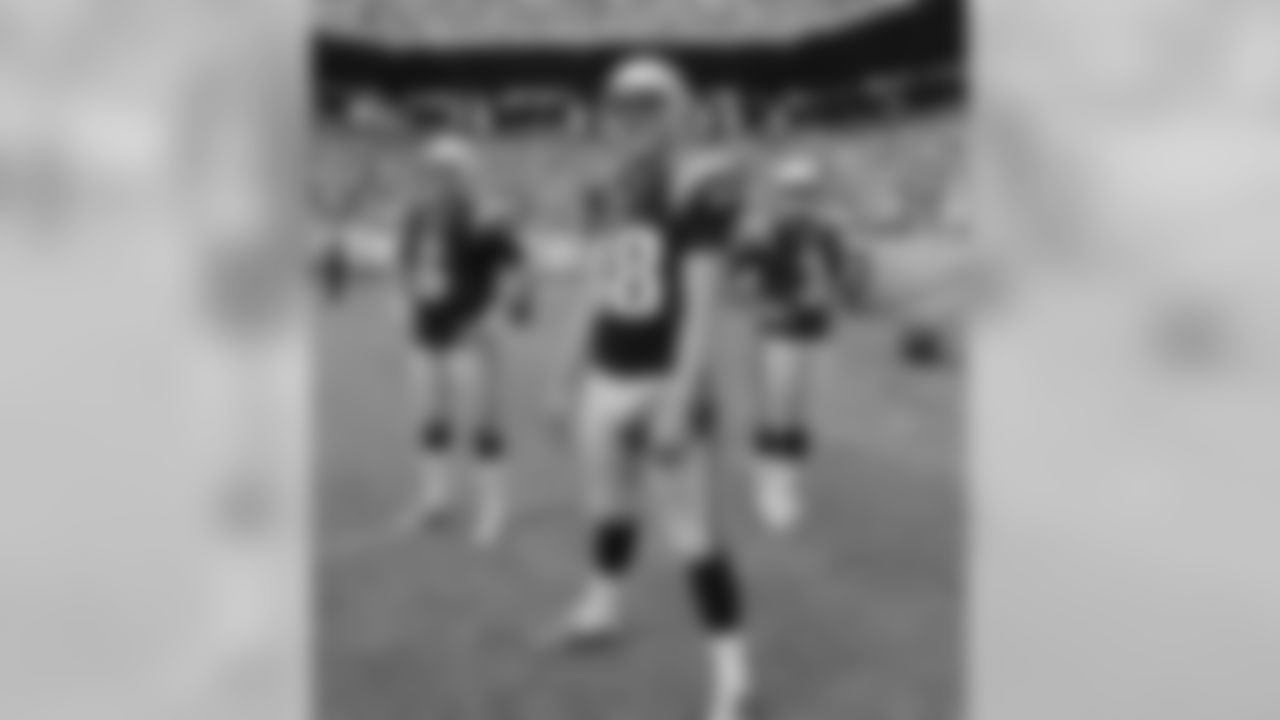
Ultimately, the only true injury report that matters is the inactive list – those seven players deemed not active for duty each week and not part of the 46-man active game roster. And those lists aren't released until approximately 90 minutes before a kickoff.
Remember when the Patriots and Colts, for instance, had 39 (out of 106) players listed on the injury report before they met in a regular season game back in 2006? Sound ridiculous? Of course it was. But that was also a way of protecting players and potential game plans, as well as perhaps tweaking the NFL's nose for its' regulations at the time. There are laws protecting the release of health information on individual citizens in our country (the Health Information Portability and Accountability Act – aka HIPAA), but it seems those rules haven't often applied to the NFL or its' players.
Teams can be fined, and have been fined, for not accurately reporting injuries. The league says the integrity of the game must be upheld, to serve the public interest and protect inside information that could be used for illegal gains. I get that part. But as recently as two years ago, after Baltimore's John Harbaugh was fined for not reporting an injury, the Ravens' coach said he'd report every "hangnail" going forward. "There's no credence on the injury report now," Harbaugh told the Baltimore Sun. "It doesn't mean anything. It has no value. The injury report has no value."
Certainly, other teams and coaches have followed suit. Goodbye, credibility. C'mon, NFL. How do you clean up this mess? Is it even possible?
So, the next time you see Breaking News occur on the NFL or Patriots' injury front…no need to go overboard or get bent out of shape. It might not be anything more than just a case of a boy – or a coach – crying "wolf."
*John Rooke is an author and award-winning broadcaster, and has been the Patriots' stadium voice for 22 years. Currently serving in several media capacities – which includes hosting "Patriots Playbook" during the season on Patriots.com Radio for a 14th year – Rooke has broadcast college football and basketball for the past 26 years and is a member of the Rhode Island Radio Hall of Fame. *
Follow him on Twitter - **@JRbroadcaster**










































